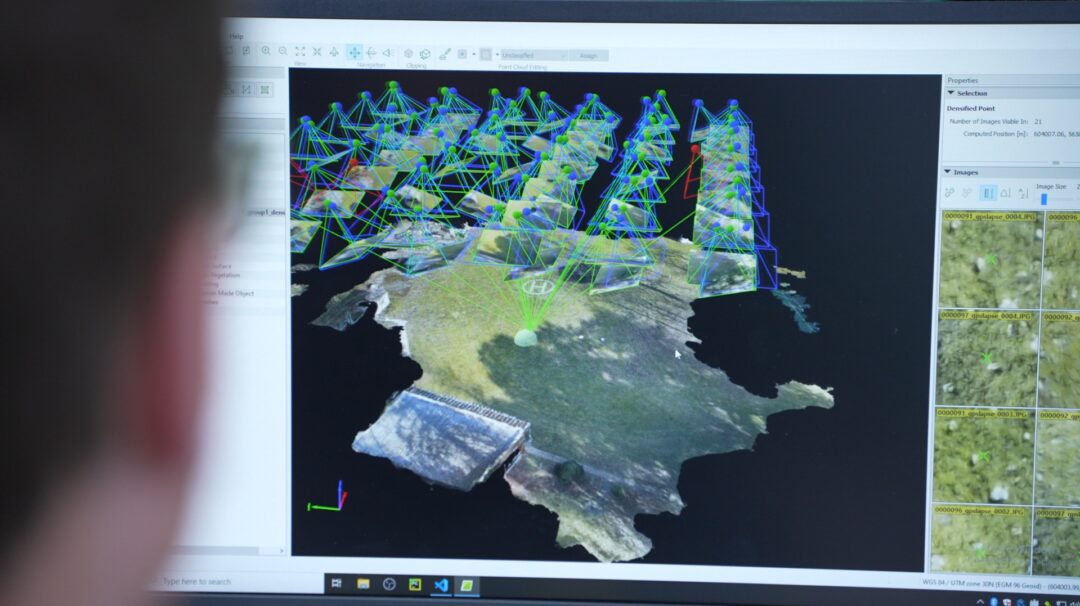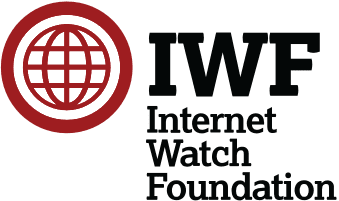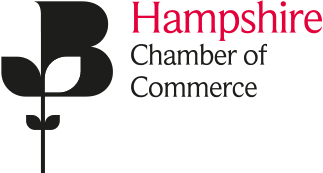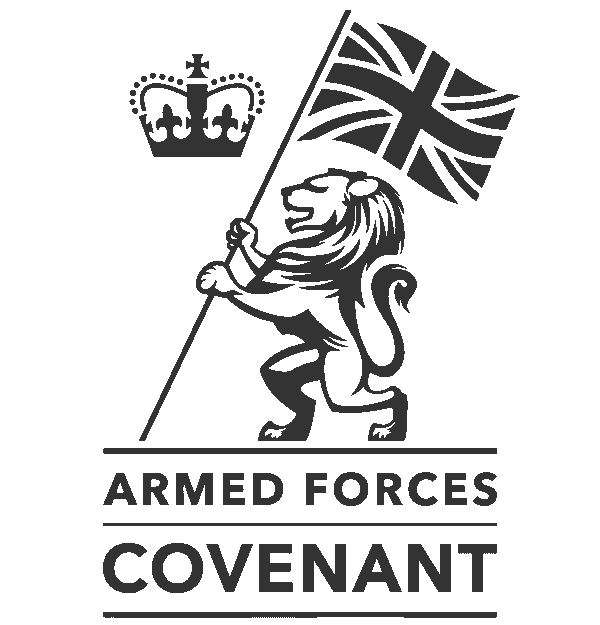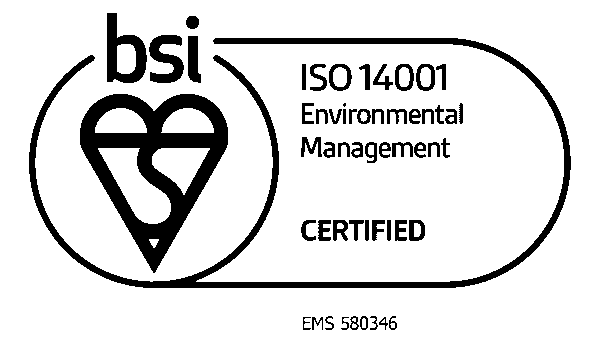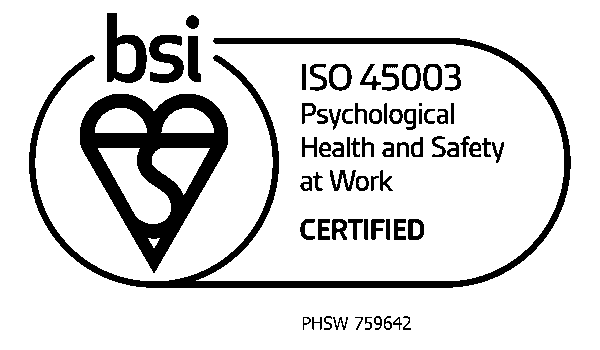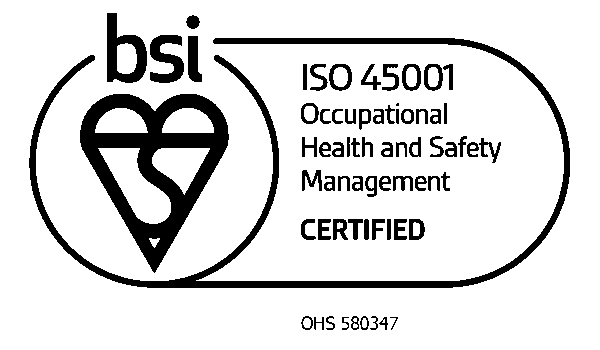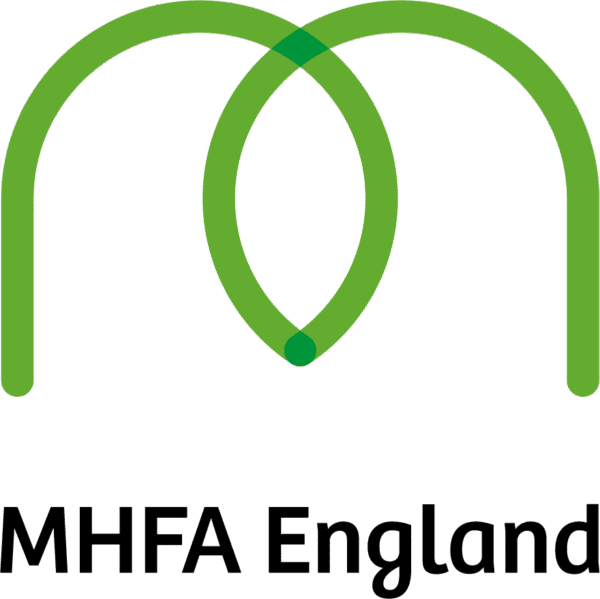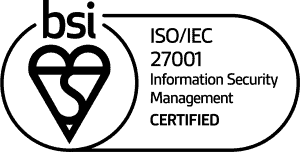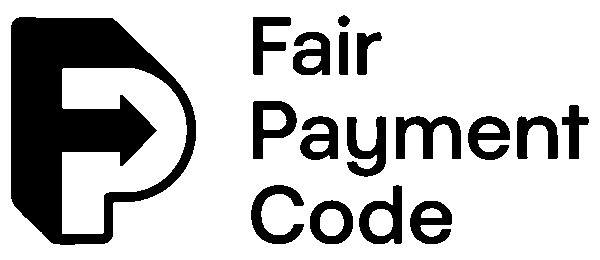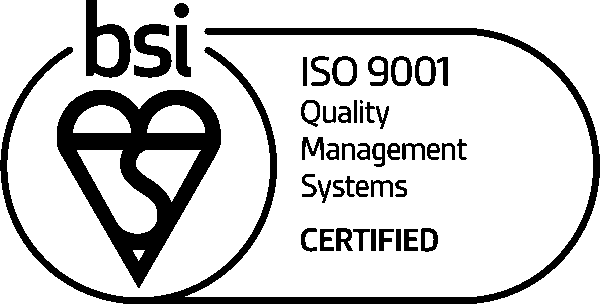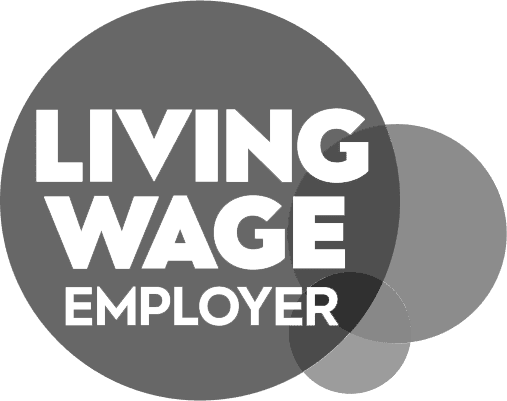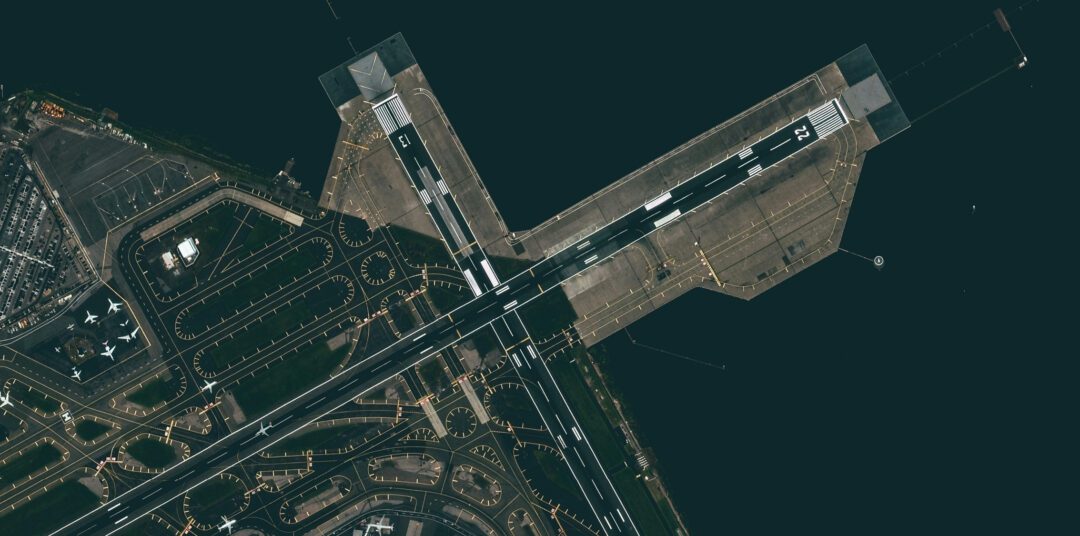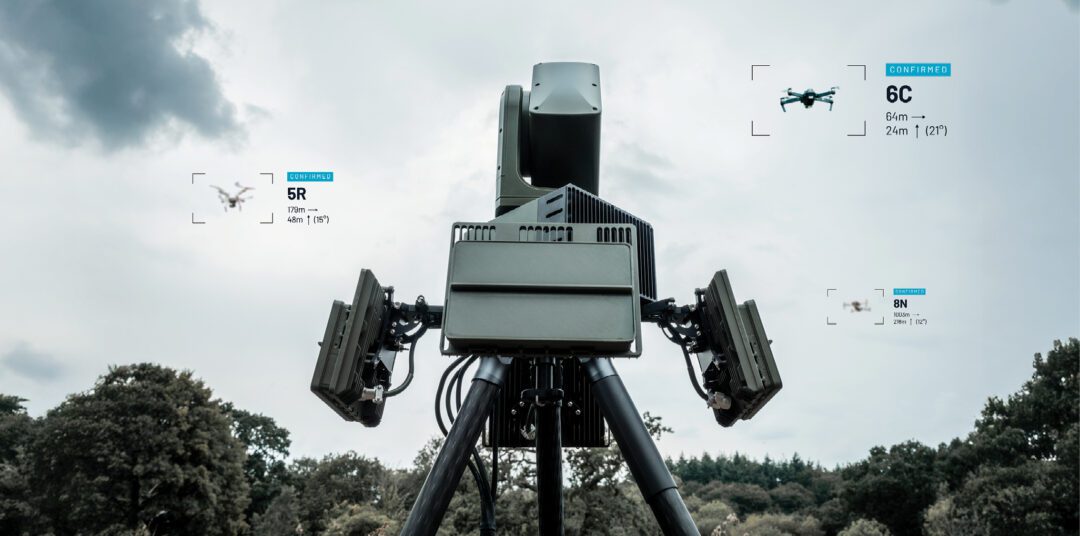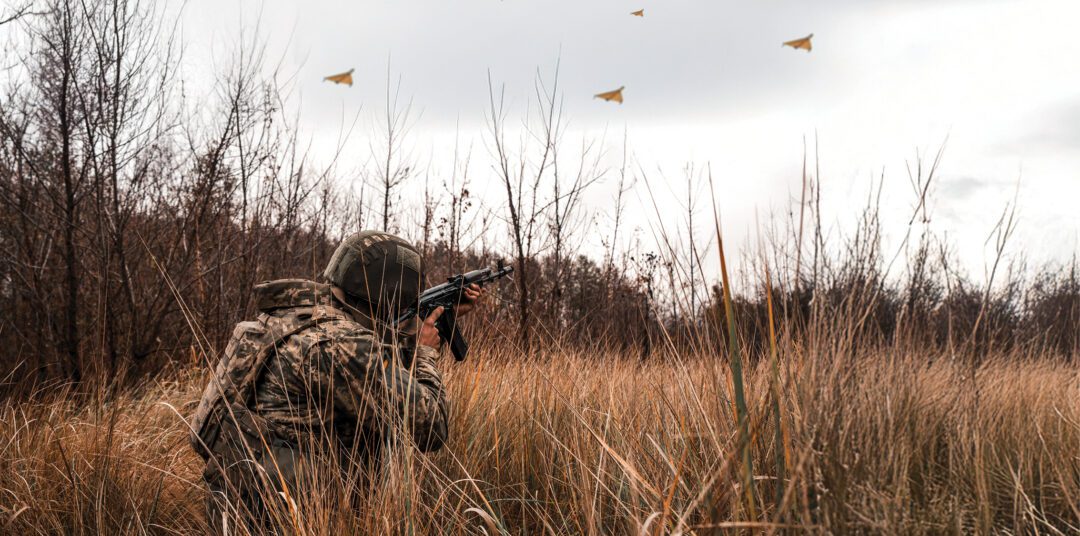Shaped by time. Sharpened by purpose.
Organisations have turned to Roke for decades — to deliver engineering that protects nations, strengthens critical systems, and pushes the edge of what’s possible. Born in Britain, active worldwide, we’ve built radar systems, sensing platforms, AI, autonomy and more. Always advancing. Always applied. Technology moves fast — but purpose, craft and care set the pace.

People with purpose. Work that matters.
Great ideas come from different minds. That’s why we bring together engineers, scientists, analysts, and creatives from every background — and give them the trust, tools, and freedom to make a difference. What connects us is the mission: solving meaningful problems and building capability that protects what matters most.
And as the challenges evolve, so do we — working on the technologies that will shape tomorrow, not just today.
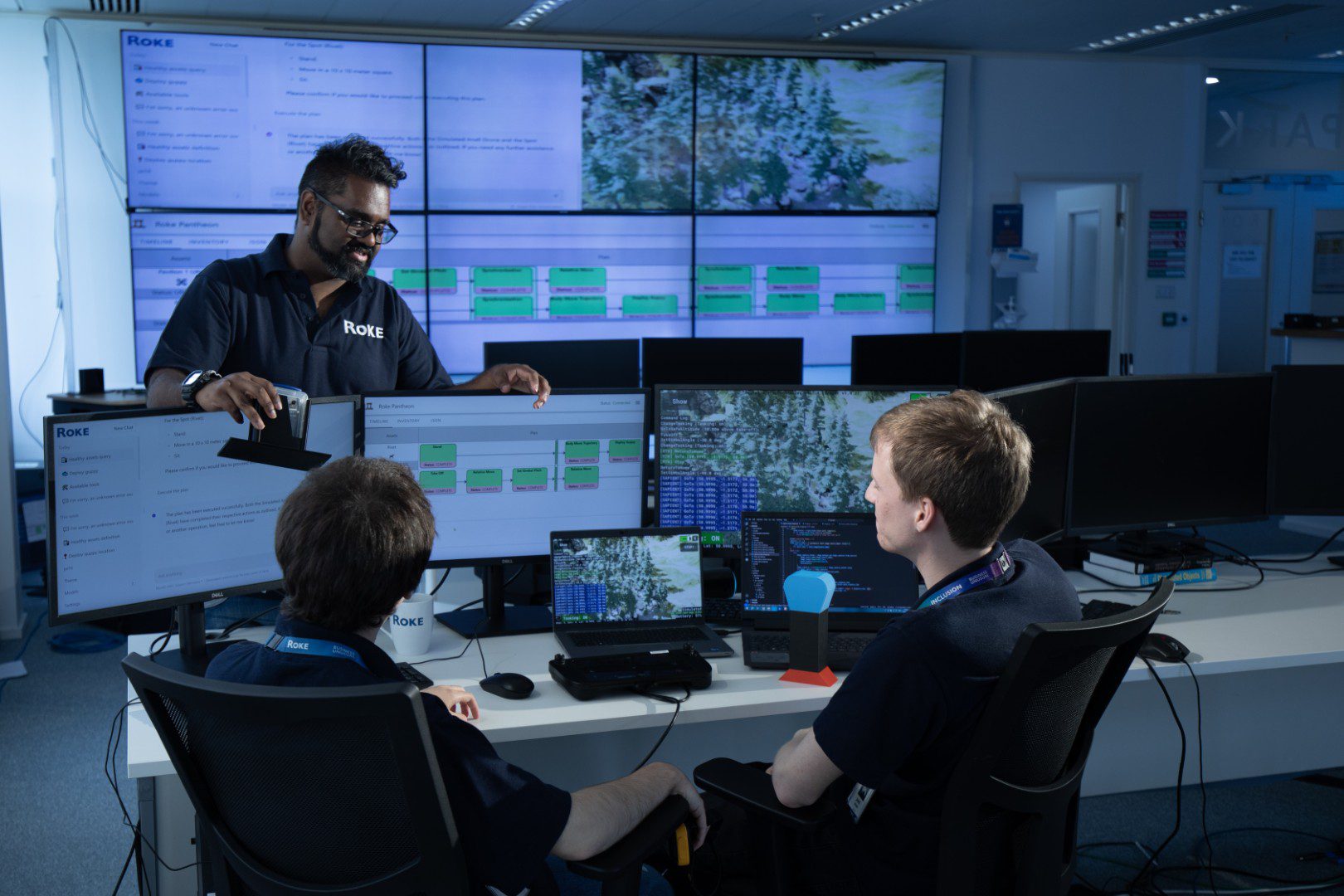
Roke Offices & Locations
Roke’s four UK hubs — in Romsey, Gloucester, Woking and Manchester — are home to our core teams. But our footprint goes further. From customer sites to remote teams, we work where we’re needed most: close to the mission, embedded with partners, and connected to the challenges that matter.
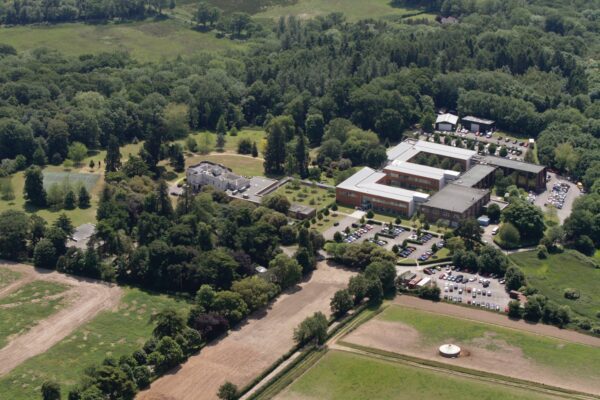
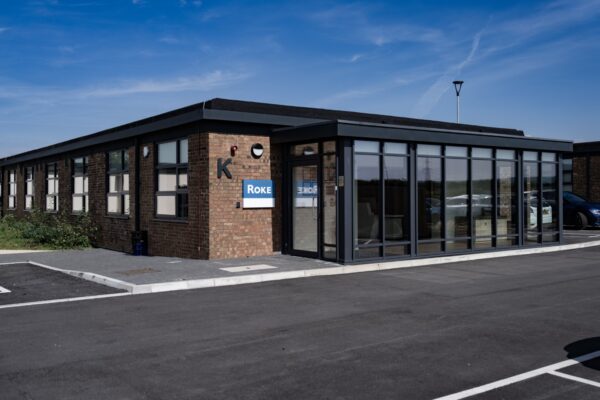
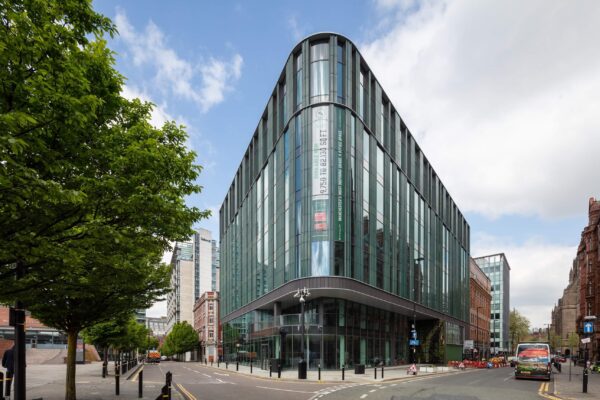
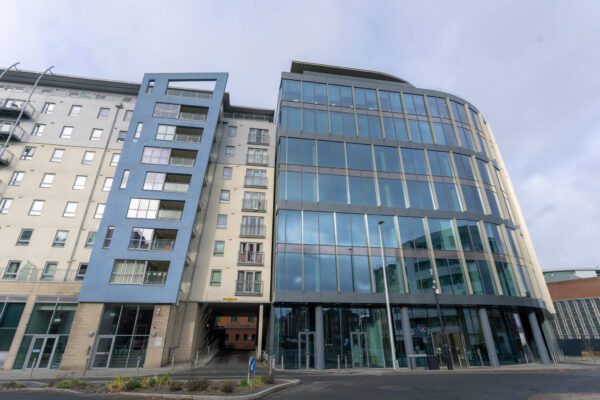
The numbers behind the mission
Behind every project and mission is a team, a footprint, and a purpose. From thousands of research hours to engineers working side by side with clients, the numbers tell a story of momentum. Whether it’s scale, speed or staying power — this is what measurable impact looks like when it’s built to deliver.
25k+
Projects completed
40+
countries worldwide Delivered to
500+
Active customers
Where brilliant minds shape real-world change
Our people work where impact matters — defending, protecting and connecting in a world that won’t slow down. They’re trusted to lead, backed to grow, and driven to solve the toughest challenges. Purpose, pace and complexity aren’t barriers at Roke — they’re exactly what drives us forward.
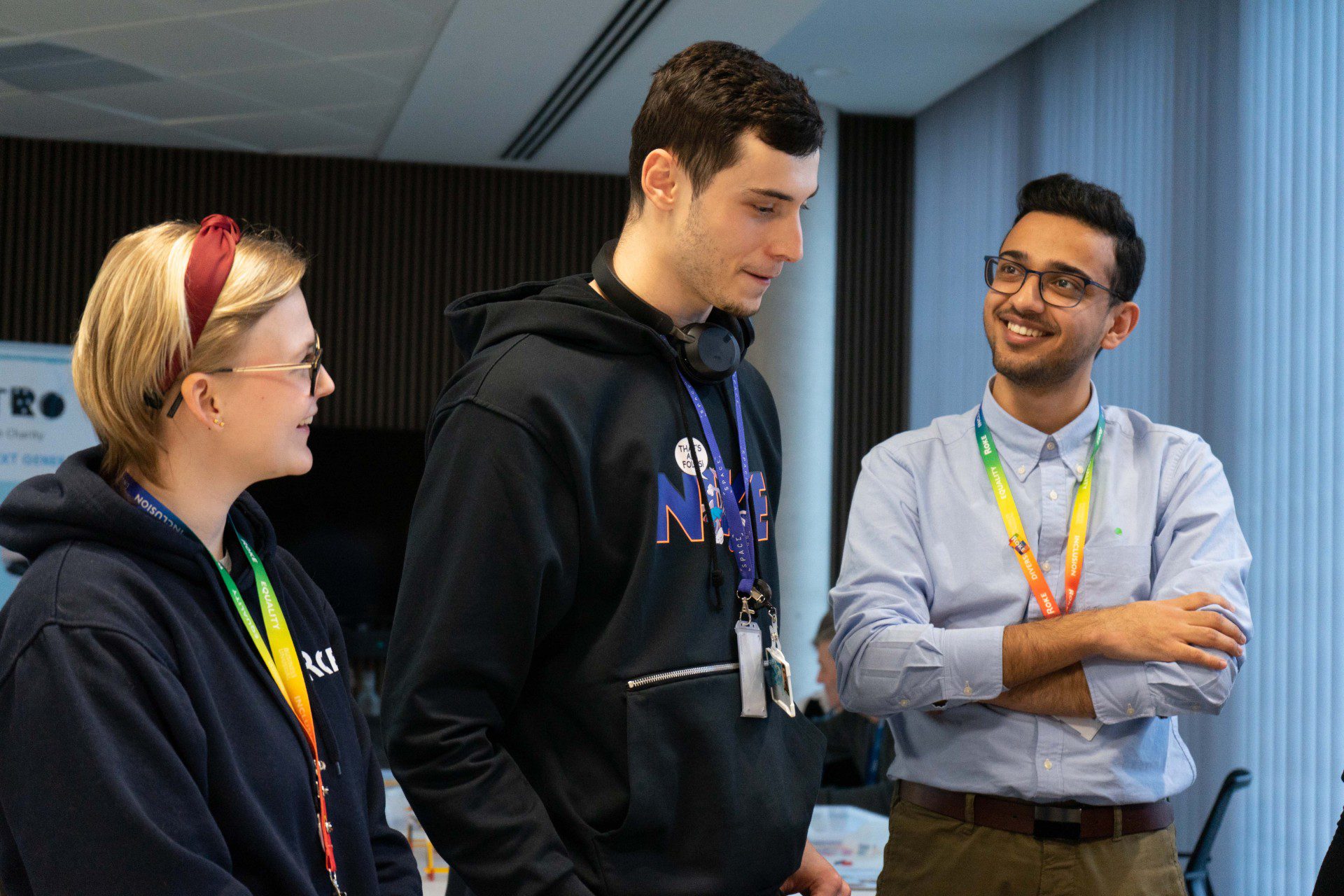
Putting values to work — every day.
We lead with principle and deliver with purpose. Social value is embedded in the way we design, build and show up — whether it’s advancing ethical technology, supporting communities or protecting the planet. This isn’t a side effort. It’s core to how we work and why it matters.
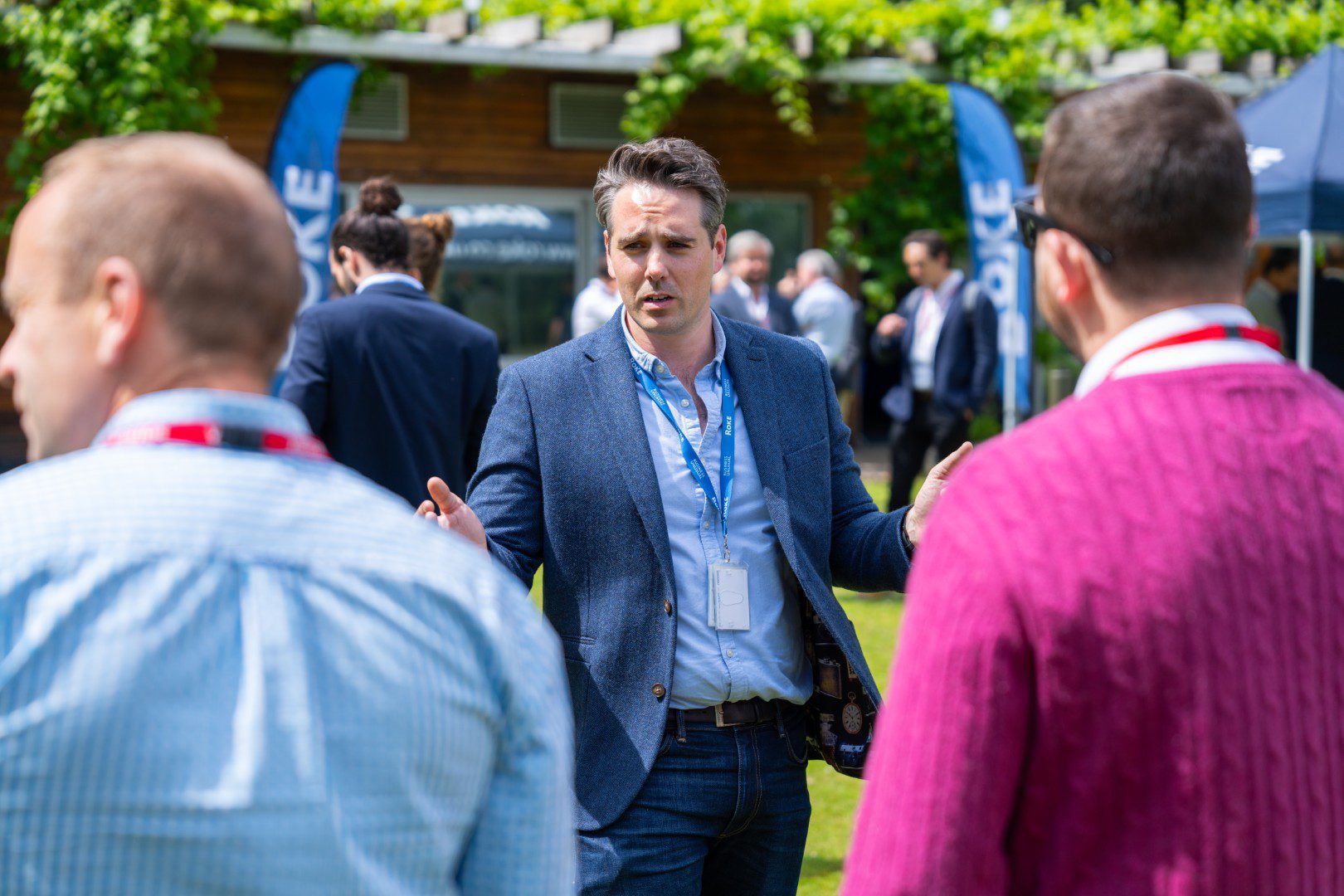
Leadership & Investors
Our leadership team combines decades of experience in advanced technology, national defence, and business, with engineers, scientists, and veterans who’ve held senior roles across public and private sectors. Forged in complex missions and backed by Chemring Group PLC, we deliver technology solutions that drive progress and profitable growth through trusted expertise.
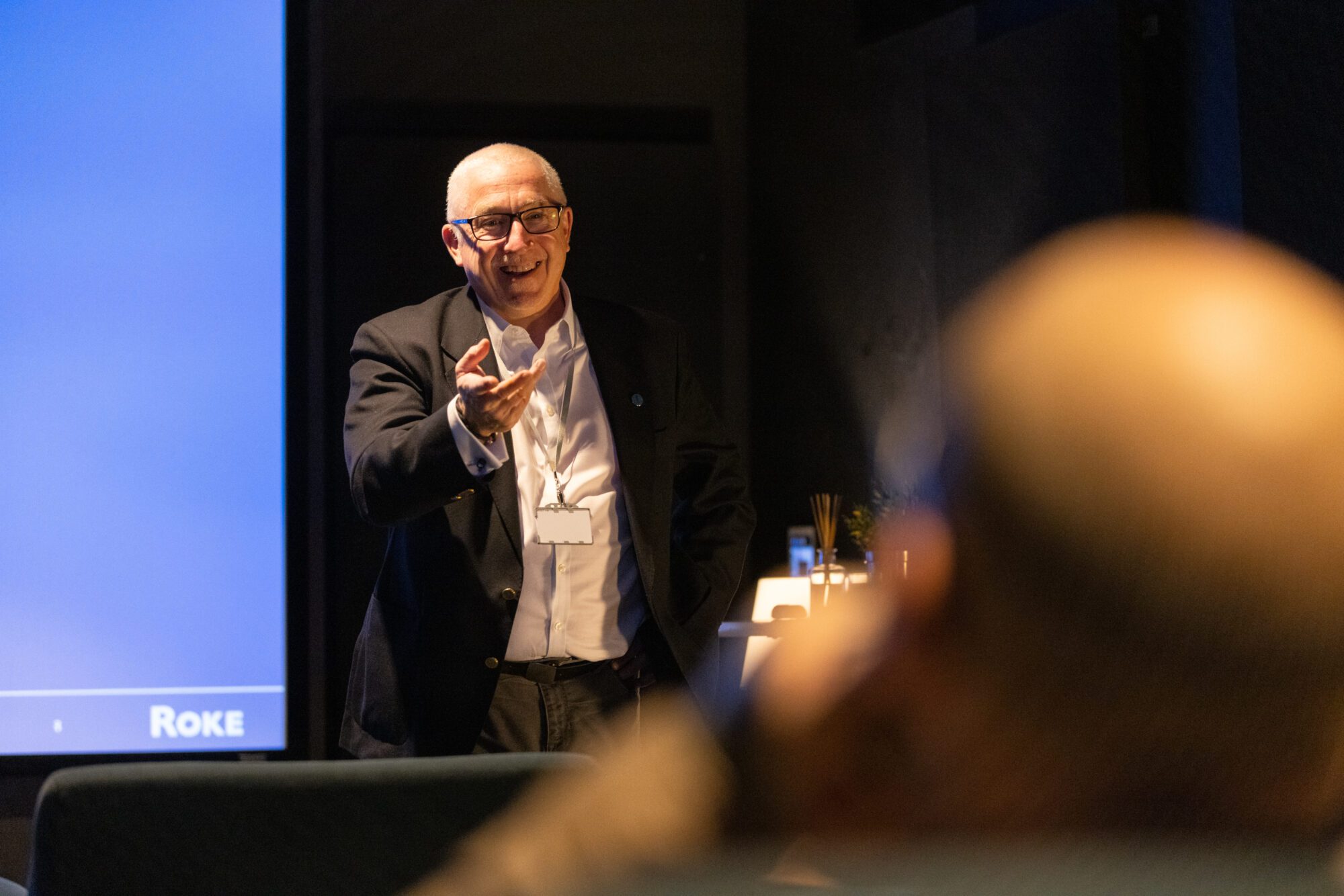
Trusted relationships. Shared missions. Real impact.
We work side by side with trusted partners, suppliers and SMEs who share our pace, values and standards. Together, we solve harder problems, build smarter systems and deliver more for our clients. The mission comes first — and the right team makes all the difference in delivering it.

